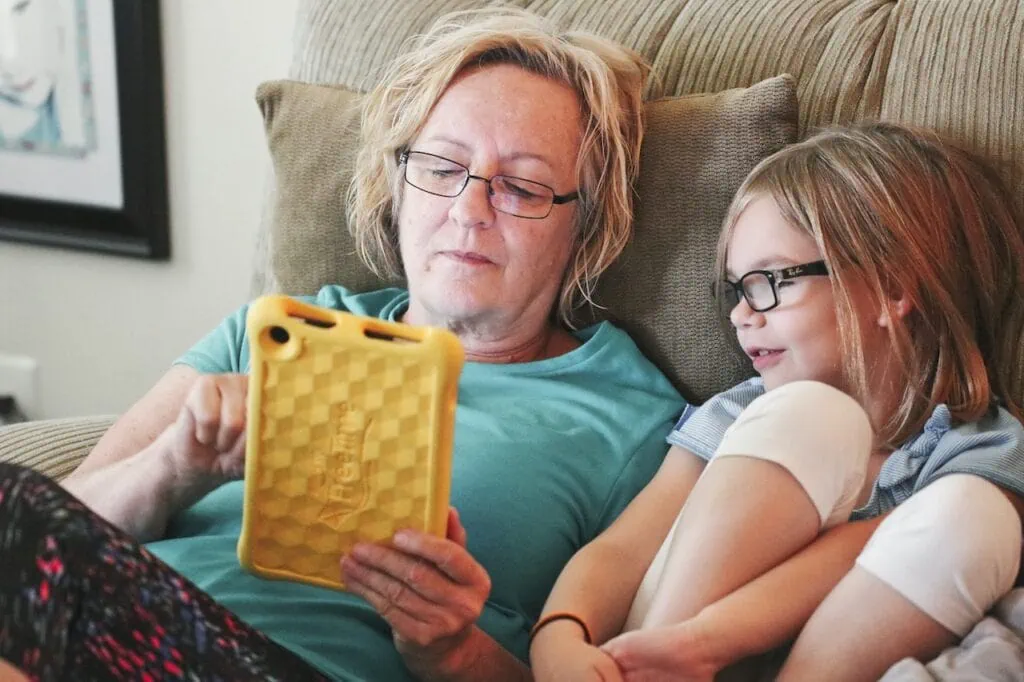
Substance Use Disorder in Older Women
Substance use disorder (SUD) can affect individuals of any age, including older women in their 50s and beyond. While it is difficult to provide precise statistics, research suggests that substance use among older adults, including women, is a growing public health problem. Many factors have contributed to increased substance use, such as changing societal norms, increased access to prescription medications, and the aging baby boomer population. Many women experience increased isolation and loneliness as they get older. The pandemic also caused further isolation for many women, and they may have turned to substances to cope.
Substance use disorder doesn’t discriminate. While older women may have a different lifestyle than younger people with addiction, the experience, physical symptoms of the disease, and struggle are often quite similar.
What Drugs Do Older Women Prefer?
The drugs of choice among older women can vary. Alcohol use is very common among women in general. Prescription medications, particularly opioids and benzodiazepines, are often misused due to their potential for pain relief or relaxation. Illicit drug use, such as marijuana or cocaine, though less common, can also occur. This is especially true in states where marijuana has been legalized or deemed medical.
There are various reasons why older women may use drugs. Just like other genders, they all :
- Chronic pain management: Many of us may develop chronic pain conditions as we age. Opioids are often prescribed, and some people are susceptible to becoming dependent on or misusing them.
- Mental health issues: Many people experience anxiety, depression, or loneliness and may turn to substances for self-medication or coping.
- Life transitions: Significant life events, such as retirement, loss of a spouse or friends, or changes in social roles, can be overwhelming. Some older people may turn to substance use to deal with emotional distress.
- Social factors: Social isolation and lack of support can increase the risk of substance use among older women. Using substances may temporarily alleviate feelings of loneliness or boredom.
It's challenging to estimate the exact number of older women using substances. Doctors screen for it, but data isn’t well-collected. However, research indicates an increase in substance use among older adults. The Substance Abuse and Mental Health Services Administration (SAMHSA) reports that on an average day in America, six million people aged 65 and up use alcohol. 132,000 older adults use marijuana every day as well.
SUD Among Neglected Aging, Vulnerable Populations
Some populations are more vulnerable to substance use due to disparities such as poverty, a traumatic experience, or living with abuse or violence in their household. Many people who use substances have unstable finances. Some live with mental illness but don’t have access to healthcare. As people age, their vulnerabilities only increase. Chronic illness begins to afflict people in their 40’s and 50’s. Untreated mental health disorders are also more likely to increase in severity with age. Many women will self-medicate to treat their symptoms, which can cause health problems and psychiatric issues.
Many women who misuse substances are people who have lived through trauma. Women with PTSD and other mental health disorders may use substances to self-medicate. Other people may use it to deal with trauma. Turning to substance use after sexual assault is so common that the government recommends specific interventions to help victims learn healthy ways to cope with their trauma.
Women with mental illness are also more likely to have periods of homelessness, live with domestic violence, and have other complex issues that cannot be solved overnight without help and intervention. Substance use can exacerbate these issues more.
Recognizing Substance Use Disorder in Older Women
Substance use disorders among older women often go undetected or are overlooked, which can have severe health consequences. Early intervention, access to treatment, and recovery facilities are crucial. People with substance use disorder come from every walk of life, and everyone deserves access to this healthcare.
Substance use disorder and addiction don’t discriminate. Getting sober and finding new coping skills can help women struggling with substance use reclaim their lives. Therapy can help people deal with and treat mental health disorders or cope with past trauma. Recovery is about reclaiming life, one day at a time.
Here are some symptoms of substance use:
- Cravings: Intense and persistent desire or urge to use the substance or take the next dose.
- Loss of control: An inability to limit or control substance use, despite attempting to change.
- Tolerance: Needing larger amounts of the substance over time to achieve the desired effect.
- Withdrawal symptoms: Experiencing physical or psychological symptoms when the substance is not used, or using the substance to alleviate withdrawal symptoms.
- Neglected responsibilities: Neglecting important work, school, or home obligations due to substance use.
- Continued use despite negative consequences: Using the substance despite experiencing negative consequences in relationships, health, or other areas of life.
- Social and recreational activities reduced: Decreased interest or participation in previously enjoyed activities, hobbies, or social events due to substance use.
- Relationship problems: Experiencing conflicts or difficulties in relationships with family, friends, or colleagues due to substance use.
Substance use can cause more problems as the disorder progresses and addiction takes over. SUD can change the way a person thinks, feels, and behaves. As the disease continues, a person may have financial or legal problems.
Getting Help for Addiction
If you or somebody you love is struggling with substance use, we’re here to help. Getting sober can help you reclaim your life and find purpose again. We can help you begin a long-term treatment program or plan an intervention. Learn more about our programs and how we can help by giving us a call. We’re happy to answer any questions you have.
Categories
Addiction Recovery





